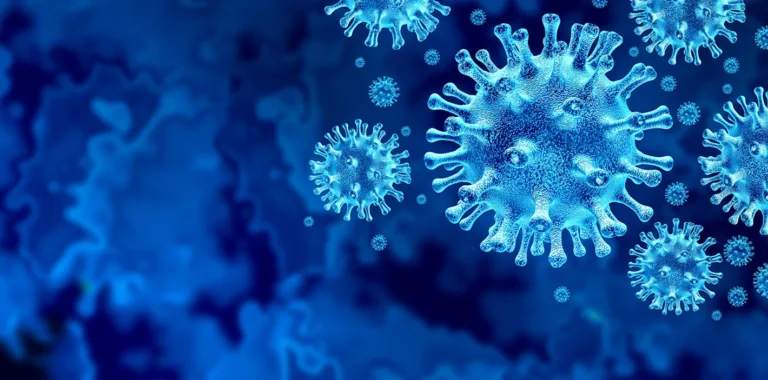Two individuals in India have succumbed to influenza caused by the H3N2 virus, as per the government’s announcement today. One person died in Haryana, while the other died in Karnataka. Reports suggest that an 82-year-old man named Hire Gowda from Karnataka’s Hassan district was the first to die of H3N2 in the country. He was admitted to a hospital on February 24 and died on March 1 due to complications arising from diabetes and hypertension.
In the country, approximately 90 cases of the H3N2 virus and eight cases of the H1N1 virus have been reported. Over the past few months, there has been an increase in flu cases, with most infections caused by the H3N2 virus, also known as the “Hong Kong flu”. This particular virus leads to more hospitalizations than other influenza subtypes.
The symptoms of H3N2 and H1N1 are comparable to those of Covid, which affected millions of people worldwide and caused 6.8 million deaths. Given the rise in flu cases, people are increasingly concerned. The symptoms include persistent cough, fever, chills, breathlessness, wheezing, nausea, sore throat, body-ache, and diarrhea, which can last for a week.
Experts claim that the virus is highly contagious and spreads through coughing, sneezing, and close contact with infected people. Therefore, doctors advise Covid-like precautions, such as regular hand washing, wearing masks, covering the mouth and nose while coughing or sneezing, drinking plenty of fluids, avoiding touching the eyes and nose, and taking paracetamol for fever and body ache. The infection can be more severe for high-risk groups, including older adults and younger children and those with weakened immune systems due to chronic medical conditions.
The Indian Medical Association has recently urged doctors not to prescribe antibiotics to patients before confirming whether the infection is bacterial, as they may develop a resistance to the medication.



